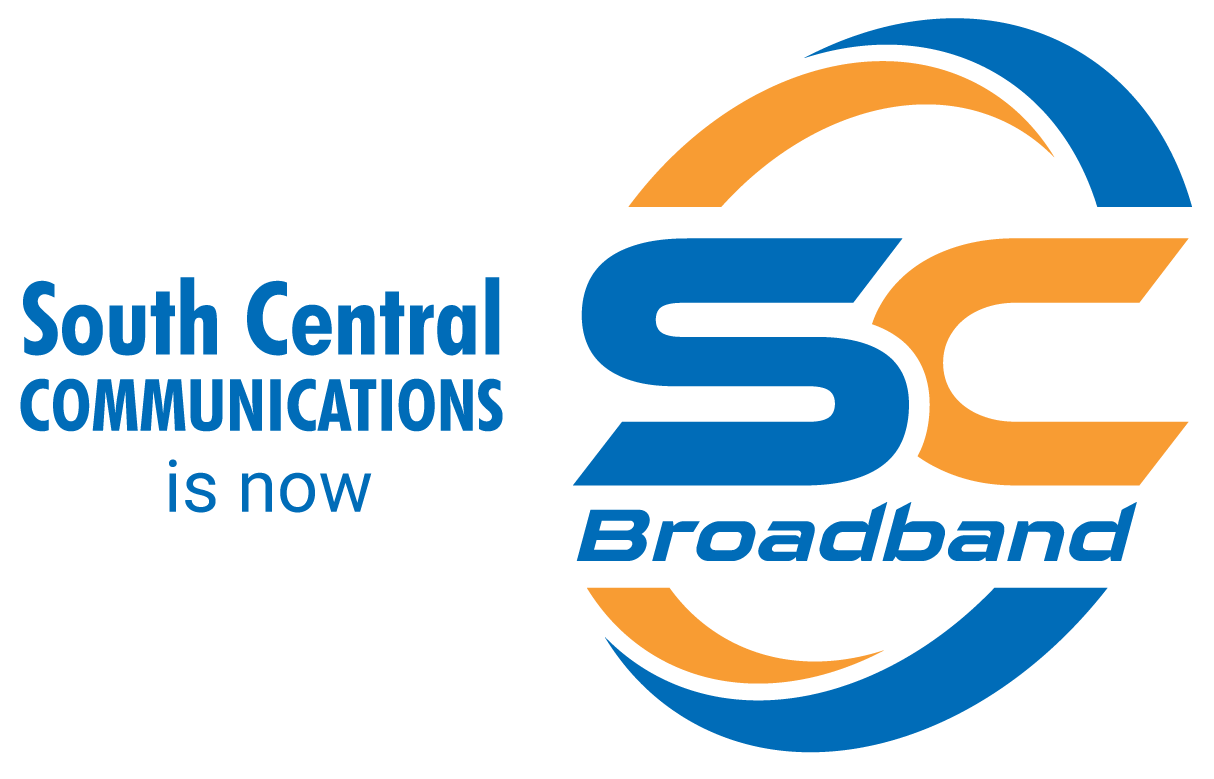At South Central Communications our team of technicians, installers, and customer support professionals take pride in delivering the state of the art high-speed fiber internet you’ve come to expect. From responding to weather-related outages, to upgrading our cutting-edge systems, keeping you connected to the global economy and communications network is a 24/7 job—and we love being a part of it!
But you may have wondered why SCC occasionally schedules maintenance outages for our network. After all, isn’t the point of reliable internet to avoid outages in the first place? Well, yes, that is one of the main points, of course!
But an occasional scheduled maintenance outage is a crucial part of sustaining our fast, reliable network, and ensuring that your internet service is up to the highest industry standards. We explain more below.
The Importance of Scheduled Outages
First and foremost, scheduled maintenance outages are rare and, when they do happen, it’s because they are necessary. And scheduled maintenance outages are always implemented to improve your internet experience, protect your connection, or respond to an emergency situation.
It might be helpful to think about scheduled maintenance outages the same way you think about car maintenance. If you don’t take your car to the shop on occasion, it’s going to break down at the worst possible time—like in pouring down rain and you’re already running late for work! Though you can’t drive it while you let your mechanic service your car for a short period of time, the mechanic’s work is invaluable, increasing the performance of your car and extending its life and value.
For high-speed fiber internet, scheduled maintenance outages are like taking your car into the shop. Yes, you will temporarily “lose service,” but gain tremendously long-term with a better, faster, more reliable internet connection.
Three Common Reasons for Scheduled Outages
There are three primary reasons why a schedule outage may occur: 1) network software updates, 2) broadband equipment and infrastructure upgrades, and 3) environmental and weather-related repair or mitigation work.
- Software Updates: Broadband technology is constantly improving, and the complex software involved helps deliver and distribute internet efficiently across the network. To ensure there’s enough bandwidth for everyone—and that the technology doesn’t go haywire and stop working altogether—software engineers routinely tweak their programming to make the system even better. It’s fairly similar to your cell phone—occasionally, you need software updates to enhance quality and security, and you must restart the phone after the software is installed. Though you lose cell phone service for a period of time, your phone is much more secure and improved because of the planned maintenance and “outage.”
- Equipment Upgrades: The infrastructure utilized to provide high-speed fiber internet is immense. Far more than just a “wire” connected to your house, an entire labyrinth of interconnected equipment dispersed throughout our community delivers broadband. We occasionally update our core routers or replace outdated hardware with new equipment, ensuring that our network is up-to-date. Naturally, a scheduled maintenance outage is necessary to install the upgraded equipment and improve your internet service.
- Environmental and Weather-related Repair: Despite our best efforts to maintain a reliable network, sometimes Mother Nature intervenes—and we have seen it all! Heavy precipitation can inundate systems, unearthing fiber wires and shorting core routers. Animals sometimes chew through fiber lines, slowing down or cutting off your service entirely. Even an occasional car crash can damage our equipment and cause service interruptions. When these unfortunate incidents happen, we may need to physically relocate some infrastructure, resulting in a temporary scheduled outage, while developing a longer-term solution to mitigate against future hazards.
Typical Timing for Scheduled Outages
We understand that there is never a good time to not have internet. After all, we depend on high-speed internet for work, communication, and entertainment as much as you do! But with that in mind, SCC only ever conducts planned maintenance outages late at night or early in the morning, when overall internet usage is at its lowest level in our community.
Late night is when the fewest number of people are relying on our network for work and communication. But we also recognize that there are some people who do work late at night or take occasional night shifts. And we know that some people rely on their connection to relax and unwind at night, too, whether it’s streaming a favorite TV series, listening to music, or gaming.
Please know that when we schedule these outages, we are limiting the inconvenience to the fewest number of people as possible. Just as highway repair work is often done at night, when traffic is at its lowest point, scheduled maintenance outages occur when internet traffic is at its lowest, too.
After the Scheduled Outage
Once the scheduled outage and planned maintenance is complete, you shouldn’t notice any difference to your service the next day. On the off chance you experience any difficulties accessing your internet, make sure your devices’ connections and settings remained as they were prior to the scheduled maintenance outage. Your device may require you to sign-in to your Wi-Fi or you may need to “power cycle” your router after an outage, but this is rare. Of course, if you have any issues whatsoever, our customer service agents and technical support specialists are always standing by to help you.





